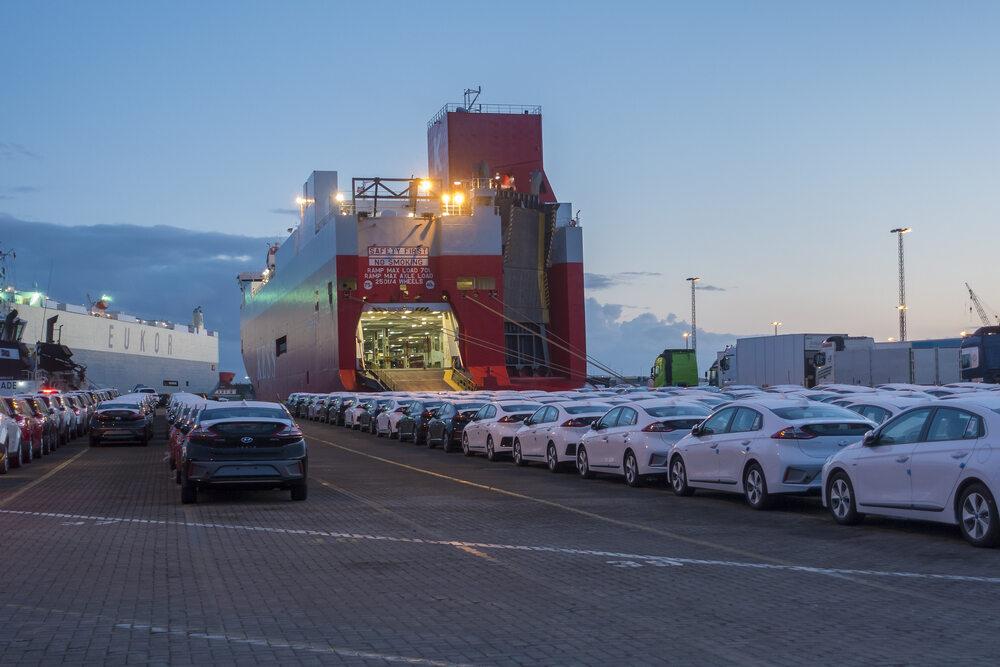
Shipping a car from Europe to the USA typically costs between $1,500 and $5,000, with roll-on/roll-off (RORO) shipping being the most cost-effective method. The duration for international auto transport can range from 30 to 60 days, depending on various factors such as the shipping method chosen, the departure and arrival ports, and the time of year.
Shipping a car internationally involves a series of steps, including choosing a reliable shipping company, understanding the factors that influence shipping costs, and preparing the vehicle for transport. Costs can vary widely based on the vehicle's size and weight, the distance of transportation, and the type of service selected. Roll-on/roll-off shipping offers an economical option, while container shipping provides more protection for the vehicle.
Factors Influencing the Shipping Cost
Car shipping costs depend on several factors, especially in the context of a larger relocation. Distance matters a lot. Due to higher fuel costs, driver hours, and vehicle wear, longer shipping routes cost more. Shorter routes are cheaper but more variable. Traffic, road quality, and urban/rural routes might affect shipment costs.

SizeThe size weight of the shipping car also affects the cost. Transporting bigger automobiles takes more space and fuel. Thus, shipping them costs more than tiny, lightweight automobiles. Car construction and design can affect costs. For safe shipping, historic or exotic cars may require particular accommodations, increasing cost. Service providers consider all these criteria to provide an appropriate automobile relocation price.
The Role of Distance in Car Shipping Costs
Car shipping costs depend on distance. Simply put, transporting a vehicle farther increases the expense. Double the distance doesn't necessarily double the cost because the change is nonlinear. Once a transport truck is on the road, long-distance driver salary and fuel are cheaper per mile.
This doesn't mean short-distance delivery is cheap. Carriers need more fuel and time due to more difficult road conditions and traffic. The total cost is higher for long distances, but the price per mile is cheaper. Thus, while estimating additional distance will not directly increase car shipping costs, it will add up.
Impact of Vehicle Size and Weight on Shipping Expenses
Car transport costs depend on vehicle size and weight. Larger, heavier cars cost more to transport. Heavy cars use more fuel and may need extra accommodations or equipment to transport safely. Compact automobiles are cheaper to ship than SUVs or trucks.
Your vehicle's weight may boost costs if the shipping business charges by weight class. This means bigger automobiles may cost more to ship. Professional movers may need to obey weight limits on their transport trailers, emphasizing the importance of car size and weight. If you're exporting your car, consider how its size and weight may increase the cost.







 Share on Facebook
Share on Facebook Share on LinkedIn
Share on LinkedIn Share on Twitter
Share on Twitter




 Google
Google  Instagram
Instagram  Trustpilot
Trustpilot 



